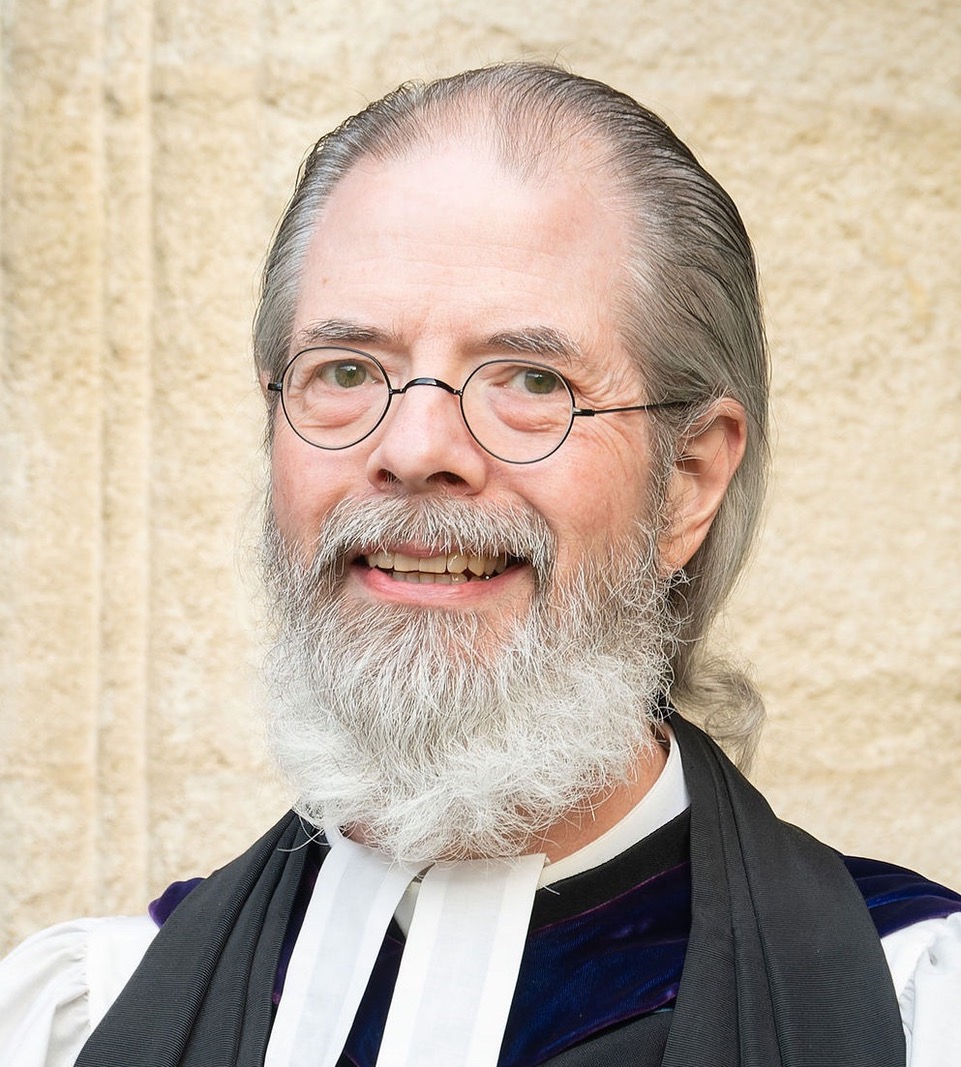Commentary on 2 Timothy 3:14—4:5
Sometimes the theological controversies we know so well, the conflicts that provide the bedrock on which our identities as disciples are grounded, demand so much of our attention that we struggle to see anything else. “Justification by faith alone” or “the infallibility of the Petrine Office” or any other confessional-status theological axiom can so bedazzle our imagination that anything else must fit into a schema determined in advance by Augustine or Calvin or Aquinas; only then is it permitted to make sense in its literary context. Our point may be true and vital, but it may also keep us from perceiving any other conceivable way to apprehend what others say or write.
With that in mind: What if—bear with me for a minute—what if we held back from interpreting the verses from this morning’s epistle reading as the keystone to a defense of the authority of Scripture, at least for a minute or two?
Today’s passage follows a long passage we will never read from the lectionary, 2 Timothy 2:16–3:13. From the end of last week’s reading, the letter continues its warnings about speech ethics, including both “profane chatter” (2:16, 23–26) and doctrinal error (2:18; 3:8–9). On the contrary, the letter reaffirms (from 2:11–13) that the congregation can—indeed, must—count on God’s fidelity to those who have trusted him and directed their lives in God’s ways (2:19), and warns of the hostility faithful life will face (3:10–12).
Our reading begins at this point, setting out the basis for the unwavering faith the letter advocates. That unwavering faith rests in the first instance on the embodied testimony of exemplary disciples such as Lois and Eunice, as well as Paul (the presumed author). When beloved and honored figures teach Scripture, in large measure by ordering their lives in a way that displays the influence of the Bible, their teaching sinks in deeper and endures longer than any effect of casual inculcation of facts that another academic generation will supersede.
In this perspective, Scripture’s inspiration manifests itself as the spiritual power for passing on the faith, for calling out departures from the community’s lived-out discernment (and for calling the community to exercise discernment more faithfully!), guiding the disciples’ growth ever closer to the righteousness of God. Scripture—a complex array of law, wisdom, exemplary anecdotes, poetry, and more—both nurtures growth and steers it toward well-rounded holiness.
The last portion of the reading, then, charges Timothy (and the listening congregation) to pursue the evidence of Scripture’s influence on their daily lives. These admonitions aren’t just pulled from a hat; they foreground the public character of Jesus’ effect on us. In the first instance, we and Timothy should speak out the gospel (Greek kēryxon ton logon: “announce the word”). Second, we should gear up1 for witness, whether the conditions seem favorable or unfavorable. Finally, then, the readers are to “convince, rebuke, and encourage.”
The sequence implies that the whole process of proclamation, preparation, persuasion, reproach, and promotion of the gospel belongs together as a coherent practice of discipleship, in which everyone should participate to the extent of their capacities (as in 1 Peter 3:15, “always ready to make a case to anyone who asks you for an account of the hope that is in you”).
The secure teaching the letter endorses is designed to withstand the unseasonable time when people flock to leaders who tell them what they want to hear, rather than carefully reasoned, time-tested wisdom. In response, Timothy is not instructed to outdo the “teachers [who] suit their desires” in sloganeering for itchy ears; the work of an evangelist sticks to sober, long-suffering fidelity to honest, reliable, tried-and-true teaching. Once again, this theme harks back to the letter’s speech ethic of stating the truth plainly, whether we win acclaim from our audiences or experience the frustration of being passed over in favor of glib superapostles with more followers on social media.
All of this holds true, no matter what definition we ascribe to theopneustos in 3:16. Important as it is that we think carefully concerning the sense of the Greek words of the New Testament, we ought to be all the more diligent in cultivating the organic growth that comes from observing faithful disciples’ daily teaching, their conduct, their aims in life, their patience, their love and steadfastness. That daily witness grows from, reflects, and always directs us back to Scripture, the breath and the Spirit of God.
Notes
- The word that I here render as “gear up” is a common word being used in an unusual way, which doesn’t seem to bear the sense “be persistent.” Epistēthi appears in the Septuagint of Jeremiah 26:14 (Hebrew, 46:14), where God instructs the prophet to “set up” (New English Translation of the Septuagint) or “take your stations” (New Revised Standard Version), from the Hebrew hiṯyaṣṣēḇ, paired with the straightforward “and make ready.”


October 19, 2025